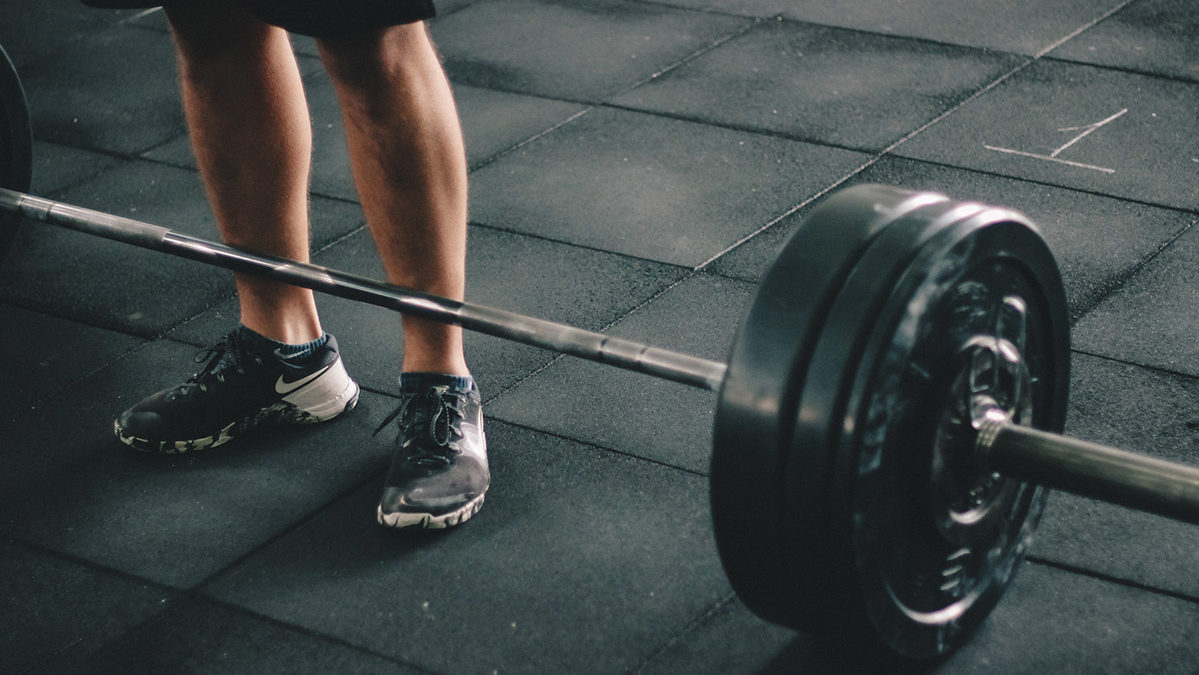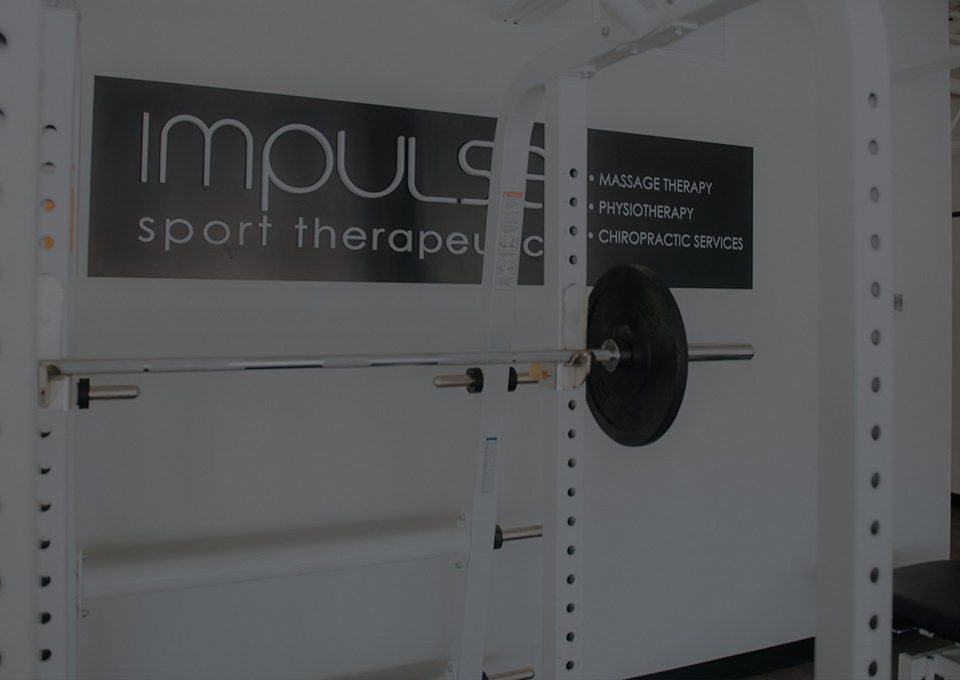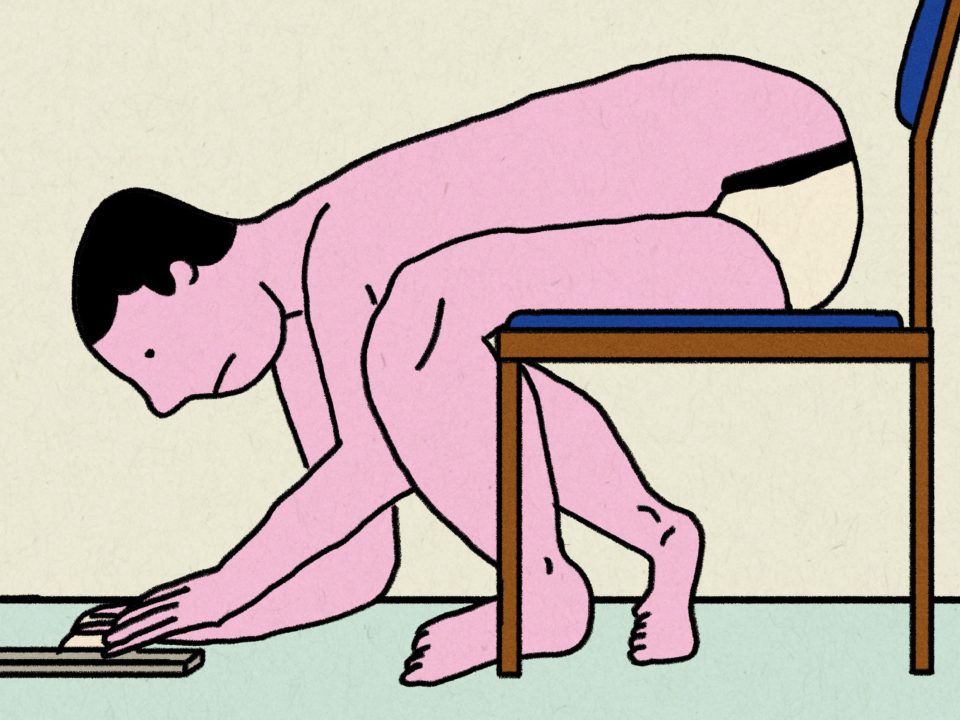5 Reasons Why You Shouldn’t Be Doing That Workout
It’s a new year and many people are flocking to the gym to start a new workout program. Here are some great reasons why you should avoid “that” routine before your lofty goals fall by the wayside due to injury, physiological or mental burnout and general frustration with your performance or lack-there-of.
Before diving into our list let me first clarify what I mean by “that” workout. These are the programs you have no business attempting (yet). It’s the workout you’ve pulled off the internet because a professional bodybuilder does it. It’s the off-season drills and exercises you saw a pro-athlete do on Youtube. It’s the new fad exercise program promising chiseled abs or a perfect butt in just 37 seconds a day. “That” workout is the one you’re just not ready to tackle yet and here’s why:
1. Your Form is Terrible – If you can’t do the exercise, you probably shouldn’t be doing the exercise. Many programs have gravitated toward advanced lifts for general fitness purposes and, while they can serve as amazing tools for the initiated, they can put your average fitness enthusiast at risk of injury There’s a reason they call it cheating. You’re breaking the rules of proper form to lift more weight or reps in the short term at the cost of long-term safety and the respect of anyone witnessing your flailing attempt at a clean and jerk. If you haven’t mastered a basic squat pattern, can’t stabilize your scapula in a press or pull movements and have the core strength of a wet noodle, you need to take a step back and master the basics before graduating onto more demanding Olympic lifting, high volume circuit or HITT training routines. To sum it up, master the basics and perfect your form before trying more advanced exercise programs. Don’t know where to start? Find a professional who specializes in basic human biomechanics (physiotherapist, chiropractor, kinesiologist, athletic therapist etc.).
2. Your Diet is Garbage – Making gains in the gym, regardless of your goals, is about balancing the controlled destruction of muscle through an exercise with building it back up with diet and recovery(see #3). If you’re not eating an adequate diet with the appropriate number of calories, macro, and micro-nutrients, you could be shooting yourself in the foot. Proper nutrition fuels your workouts, governs body weight and composition and allows your body to recover from your vigorous workouts. If you plan on going hard in the gym your diet needs to be on point, otherwise, you’re positioning yourself for injury and overtraining and aren’t likely to reap the benefits of all your hard work. Not sure how to structure your meals? Skip the fad diets and online guru’s and invest in yourself by booking a session with a reputable nutritionist or dietician to set you on the right path.
3. You’re Not Sleeping Enough – Diet, albeit an important one, is just one facet of recovery. Our body’s ability to rebuild itself after exercise depends on a number of different lifestyle factors including sleep, immune health, hormone levels, posture and stress levels. Next to diet, sleep or lack thereof has the potential to limit our recovery the most. Sleep is our body’s time to do nothing but regenerate from the wear and tear of the day. Waking up at 6 am for your new high-intensity workout program is not only cutting into your recovery time, but it’s also having a negative effect on your performance, hormone levels, immune system, mental capacity, and digestion.
4. “That” Program Doesn’t Match Your Goals – Specificity of training is a key concept to consider when picking a perfect exercise program and setting specific goals is the first step to meeting them. Setting goals like “get in shape” or “go to the gym more” get you nowhere. Set specific goals like hypertrophy, weight loss, athletic performance, strength, power or endurance so that you can pick the appropriate program to help you best reach that goal. The total volume of work, repetition range, number of sets, rest periods, the order of exercises, body part splits and tempo can all be tweaked to hone in on your specific goal. Not sure what type of program best suits your goals? Find a professional that does!
5. You’re Just Not Good Enough (Yet) – Be patient and remember you’re trying to create a lifestyle change that you can sustain. More isn’t necessarily better when you’re starting out. Build up to high volume or advanced workouts gradually. Rome wasn’t built in a day and neither is a healthy and strong body. Not only does taking things slow and steady prevent injury and give your body more time to adapt, it also gives your life and habits time to change along with it.
Jumping into programs you’re not ready for is not only setting yourself up for failure in the short term, but also putting your health at risk in the long term. If you’re going to start a new routine this year, find a professional that can guide you through the basics if you need them or help navigate new territories in more advanced techniques if you’re looking for something new. Even those of us who have been in the game for years have to step back to basics every once in a while. Exercise doesn’t have to be complicated when in doubt apply the K.I.S.S. principle. Keep it simple, stupid.
Make An Appointment!
Quick Booking With The Jane App





